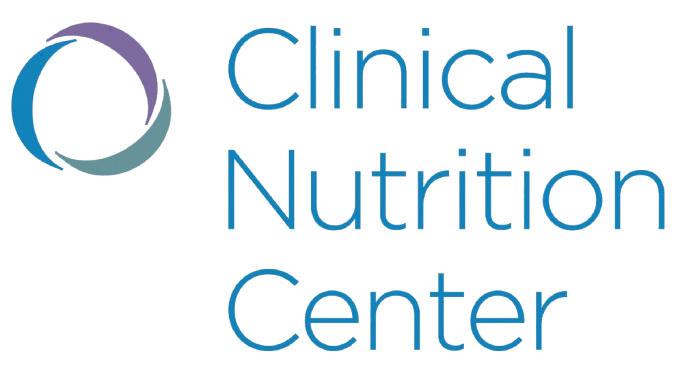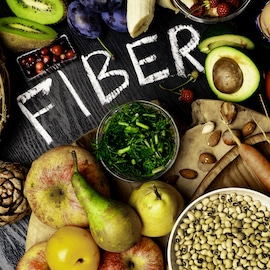
The Best Diet in 2021

2020 is over, and 2021 is finally here!
With the start of any new year, and in particular, after an arduous year like 2020, many people make a commitment to starting the year off right by getting healthy! And what do we do to get healthy? We set workout and weight loss goals.
One of the common questions I get is “Which diet is best?”
Well, the answer actually isn’t that simple. Any diet that requires you to eat foods you don’t like is doomed to fail. Similarly, for weight loss, any diet that requires you NOT to eat when you are hungry is equally unlikely to be successful.
If you are going to start a new diet, or perhaps we should say, recommit to healthy eating to start off the new year right, what are you trying to achieve? Different approaches may provide different benefits. Broadly speaking, here are a few dietary styles and what they are best for:
- Meal Replacement Strategies
Meal replacement strategies such as Optifast have the best evidence for weight loss. These strategies make weight loss quick and easy by replacing prepared food with a high quality formula designed for weight loss. Meal replacement strategies have been studied many times and the studies demonstrate significant improvements in weight loss compared to trying to eat prepared foods of similar nutritional composition. The “Look Ahead” study found that meal replacement strategies (2 / day) were one of the best predictors of weight loss. The recent “Optiwin” study found that meal replacement helped lower the hemoglobin A1c number (blood sugar). - Mediterranean Diet
Mediterranean styles of eating are one of the best ways to improve heart health. Studies have demonstrated decreased cardiovascular mortality. In addition, Mediterranean diets have benefits in controlling type 2 diabetes. These eating plans include seafood, fruits, vegetables, whole grains, nuts, and healthy fats (mainly olive oil). - Low Carb Diets
Low carbohydrate diets have been around for a long time! These were popularized by Atkins, and more recently, people are following “Keto” and the dietdoctor.com web site. These types of diets can improve HDL (good cholesterol) and lower triglycerides. They can be helpful to control diabetes. We have had many success stories over the years where a lower-carb approach was key. We find that people that over-indulge in carbohydrates have trouble losing weight and keeping it off; however, the evidence is murky at best regarding how low do we need to go for it to be “low carb.” The RDA for carbohydrates is 130 gm / day for adults. A typical American eats far more than this! Just getting down to 130 gm/day of total carbs for most would be helpful for weight loss. We do see patients get added benefits lowering this to 100 gm/d, and for some patients, even down to 40-70 gm/d. Review your individualized recommendations with your dietitian. - Vegetarian / Vegan Diets
Vegetarian and vegan diets have been shown to improve LDL (“bad”) cholesterol, decrease cardiovascular mortality, and also may improve type 2 diabetes. There has been a growing trend to more “plant-based eating” without necessarily going fully vegetarian. - DASH Diet
The DASH diet was developed to improve blood pressure. You can find the full diet online here, but it is quite similar to the Mediterranean diet, above. - Intermittent Fasting
Not really a diet per se, intermittent fasting strategies are time-based, and utilize periods of time when we eat and periods of time when we don’t eat. These were popularized by Jason Fung’s books, “Obesity Code” and later “A guide to intermittent fasting.” Some people might do a 16/8 strategy, where eating is confined to an 8 hour interval (for example, 12 noon – 8 PM) and nothing except water is eaten for 16 hours. Others may do a 20/4 strategy (only eat between the hours of 4 and 8 PM), while others may employ alternate day fasting (no food 2-3 days per week).
We have seen many modifications to this – for example, alternate day fasting where on the fasting days, only water, electrolytes, and protein supplements are used, or on fasting days, a 400 calorie protein and vegetable dinner is eaten.
Evidence is all over the place on these strategies, but most studies show that they can improve weight loss, and a recent study showed that these strategies can improve markers of cardiovascular risk.
Intermittent fasting can be added as an adjunct to any of the above dietary styles.
So, what are you waiting for? The new year is here! Why not set up a visit with your CNC Dietitian and figure out which diet will support the healthiest “You” this year?



